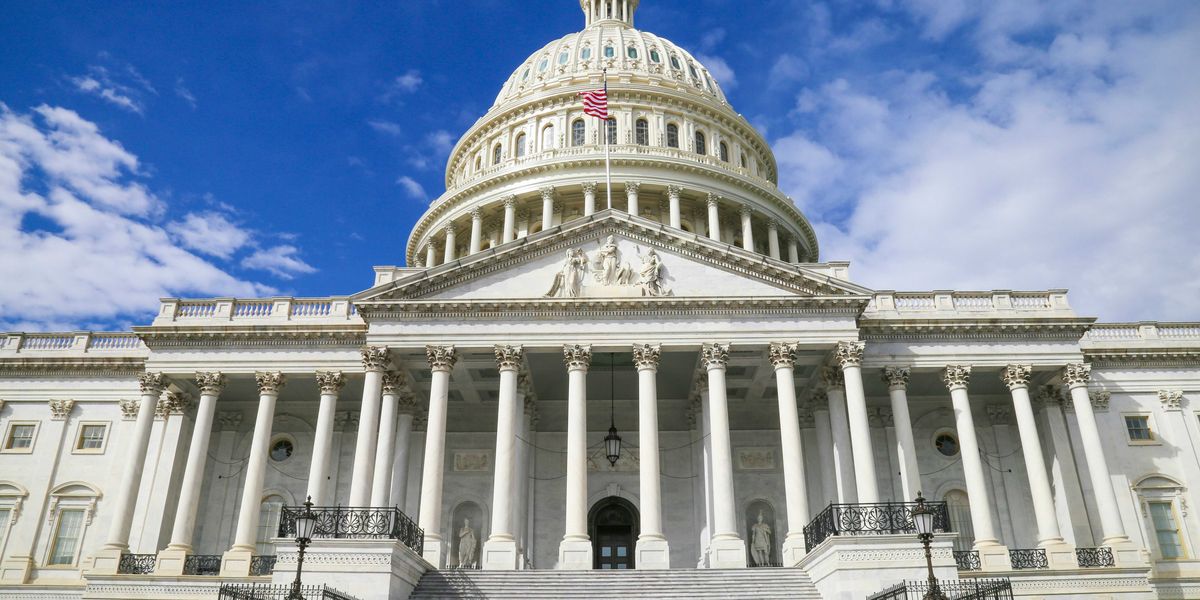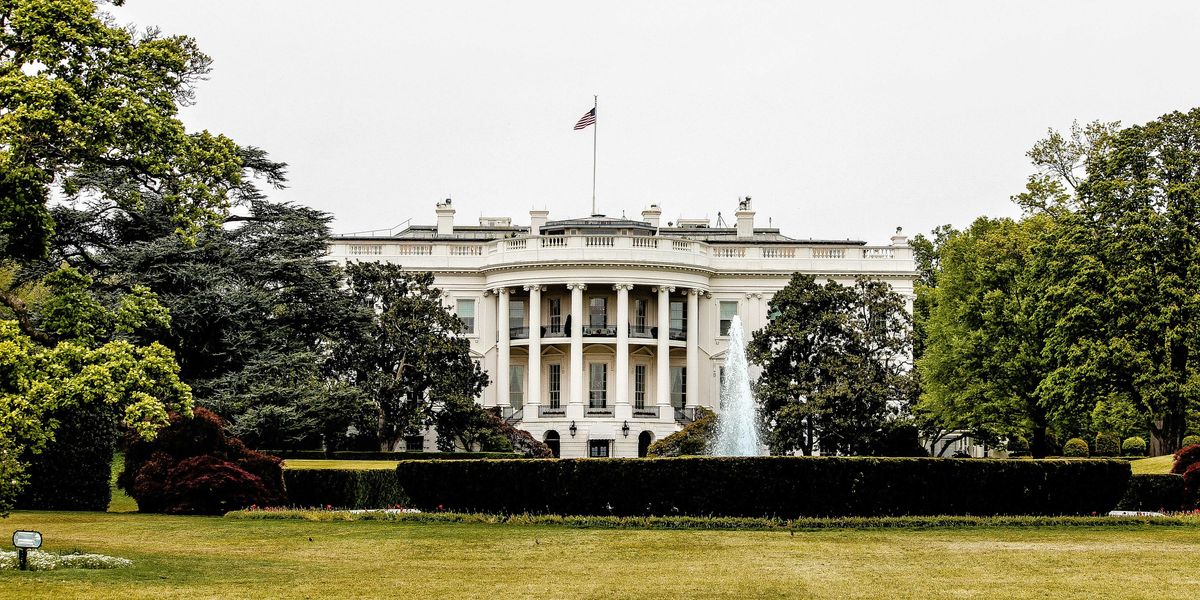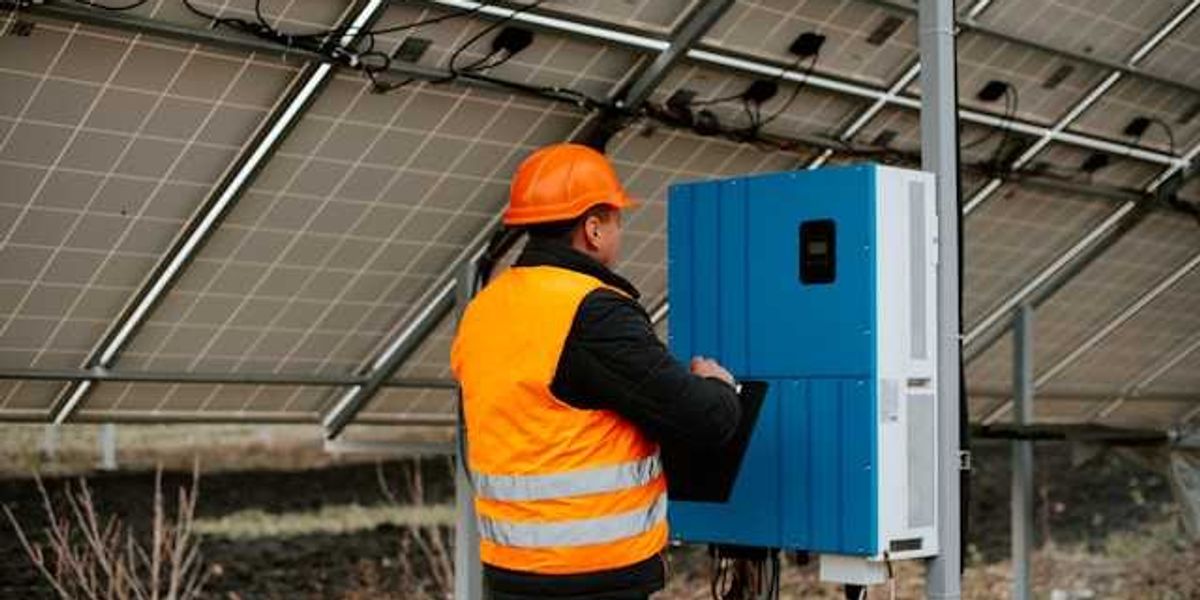Scientists call for urgent ocean protections as warming seas threaten ecosystems
Rising ocean temperatures, acidification, overfishing, and pollution are driving a marine crisis that scientists warn will harm both ocean life and the billions of people who depend on it.
Teresa Tomassoni reports for Inside Climate News.
In short:
- At the One Ocean Science Congress in France, researchers and officials warned that climate change and industrial fishing practices like bottom trawling are rapidly degrading marine ecosystems.
- The Mediterranean Sea, warming faster than most of the world’s oceans, may lose key commercial species like hake and grouper unless a robust network of marine protected areas is established.
- Scientists at the event aim to influence policy at the upcoming U.N. Ocean Conference by contributing evidence-based recommendations to guide conservation and sustainable use efforts.
Key quote:
“We have to make sure that we’re not just going towards the target and just putting paper parks.”
— Clea Abello, fishery scientist at Marbec, a marine research institute based at the University of Montpellier in France
Why this matters:
Oceans generate most of the oxygen we breathe and act as one of the planet’s largest carbon sinks, helping to buffer the effects of climate change. They regulate global temperatures through vast currents and feed billions of people through fisheries. But as ocean temperatures rise and industrial activity escalates — from oil drilling to trawling — these life-support systems face growing strain. The impacts of Coral bleaching, declining fish populations, and acidification ripple through global food security, coastal economies, and even public health. The Mediterranean Sea, for example, is heating up faster than most oceans and is home to dense populations along urban coastlines, making it a flashpoint in the battle to preserve biodiversity. Scientists warn that unless protections are meaningfully enforced — not just written into policy — these ecosystems may reach tipping points beyond recovery.
Read more: Oceans are losing light as marine ecosystems face narrowing zones for life













